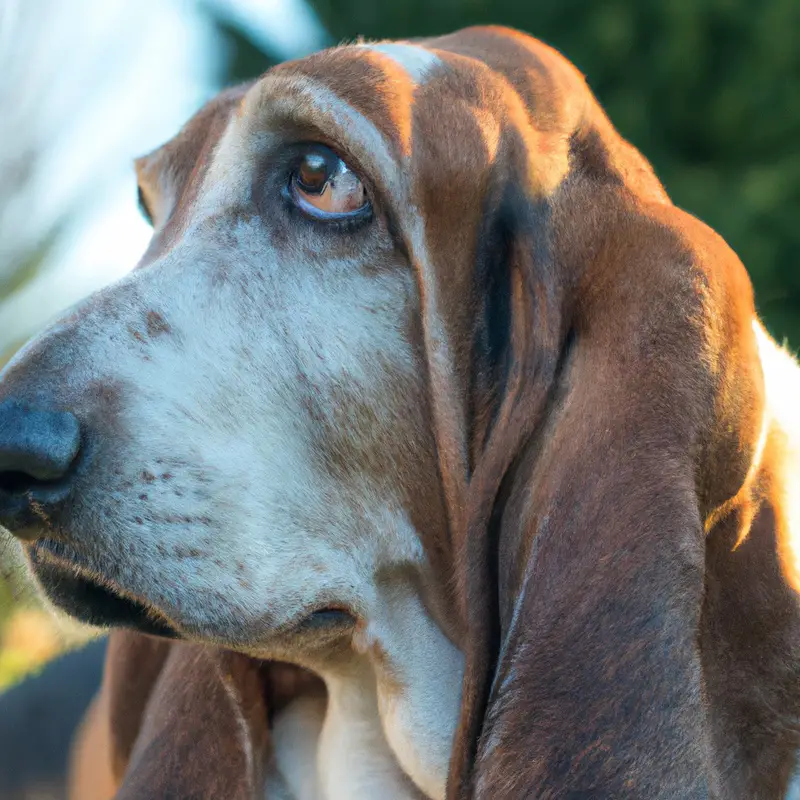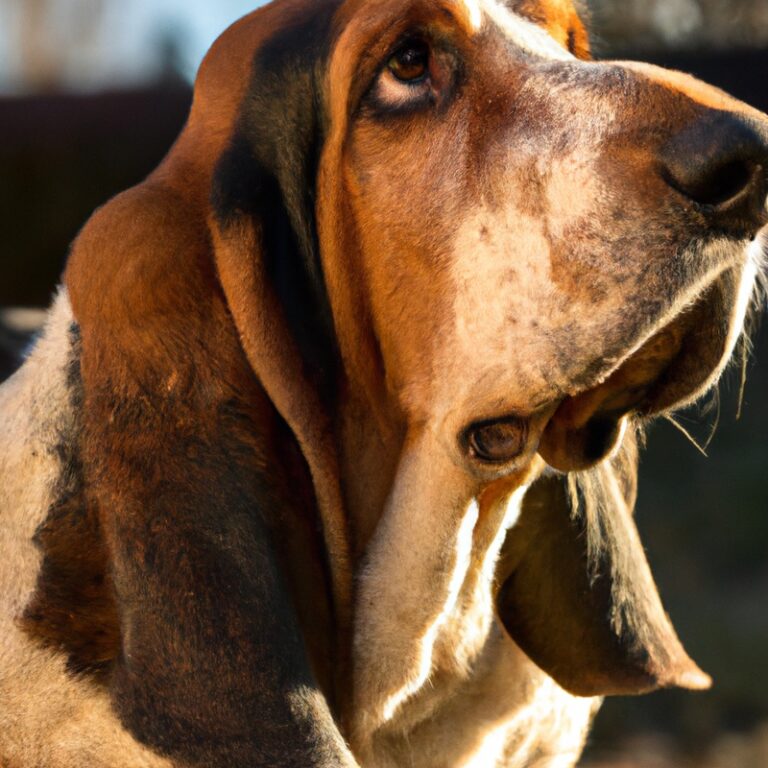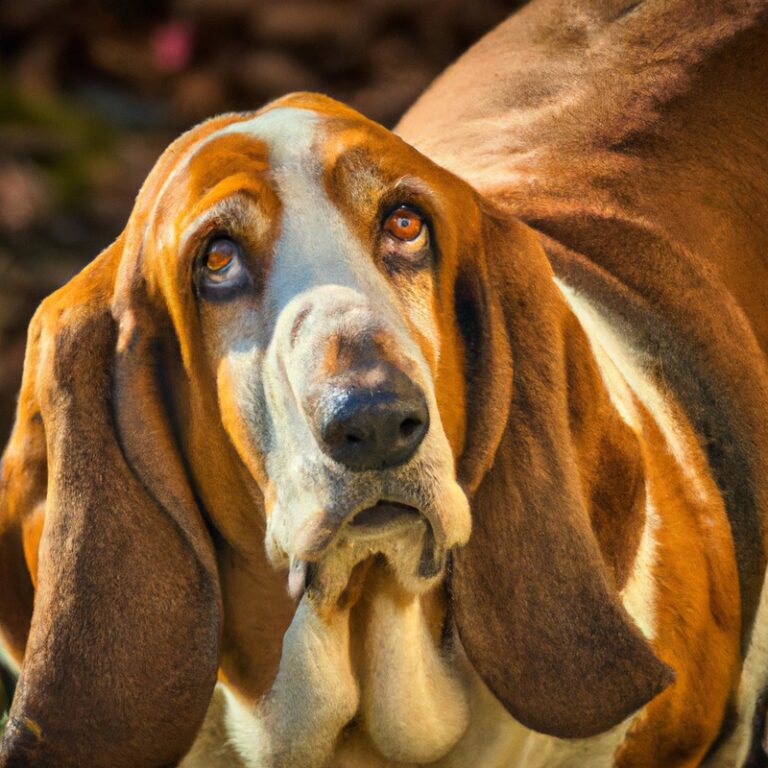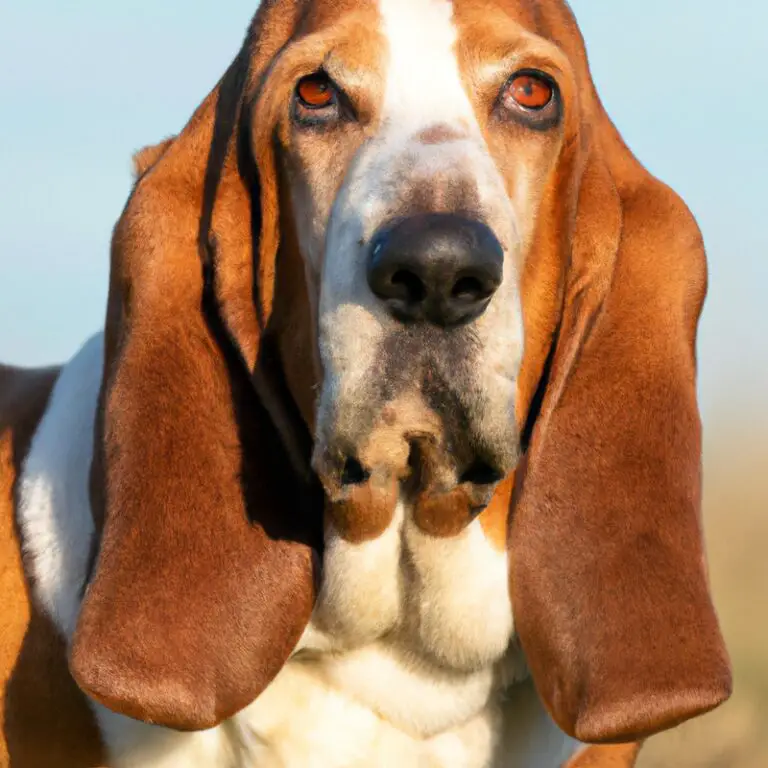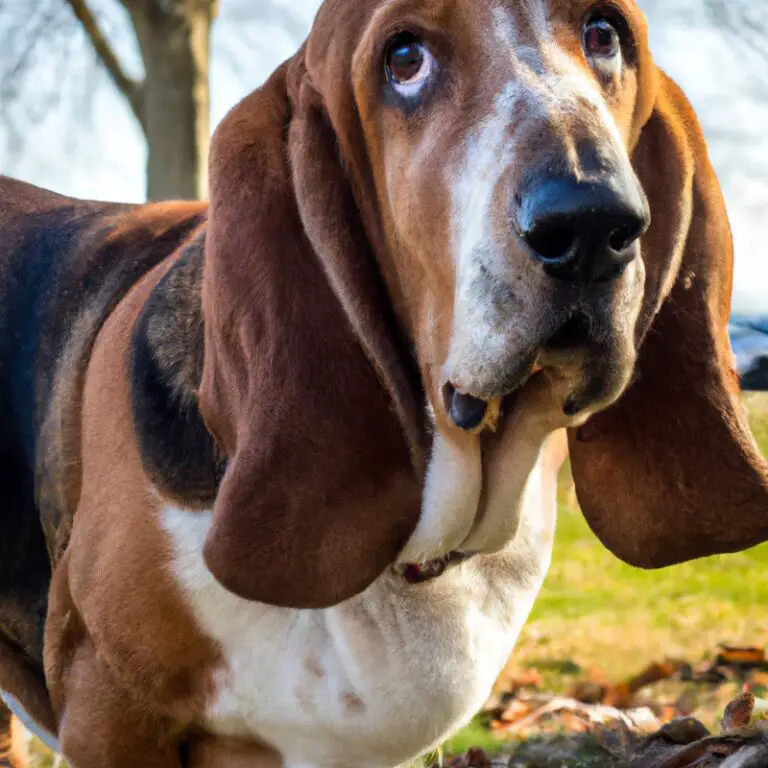Are Basset Hounds Prone To Separation Anxiety?
Key Takeaways:
- Basset Hounds have a predisposition to develop separation anxiety.
- Early socialization and consistent training can help prevent or manage separation anxiety in Basset Hounds.
- Providing mental stimulation and creating a soothing environment can alleviate separation anxiety symptoms.
- Seek professional help if your Basset Hound shows severe separation anxiety symptoms.
Have you ever wondered if your Basset Hound experiences separation anxiety when you leave?
Well, you’re not alone! Separation anxiety in dogs is a common issue that can cause distress for both the dog and their owner.
But are Basset Hounds more prone to this condition compared to other breeds?
As a passionate dog lover and experienced professional, I’m here to shed some light on this topic.
In this article, we will delve into the world of Basset Hounds and explore their unique characteristics, as well as the factors that contribute to separation anxiety in this lovable breed.
So, buckle up and let’s dig in!
| Factors | Yes | No |
|---|---|---|
| Predisposition to separation anxiety | ✅ | |
| Velcro-like personality | ✅ | |
| Prone to boredom | ✅ | |
| Adaptable to being alone | ✅ | |
| Training and socialization | ✅ | |
| Length of time left alone | ✅ | |
| Presence of other pets or dogs | ✅ |
What is separation anxiety in dogs?
Definition of separation anxiety in dogs
Separation anxiety in dogs is a condition in which dogs experience extreme distress and anxiety when they are separated from their owners or left alone. It can manifest in various ways, such as excessive barking, destructive behavior, pacing, and even self-harm.
Dogs with separation anxiety may also show signs of restlessness, panting, trembling, or attempting to escape.
This condition is more common in dogs that have a strong attachment to their owners or have experienced previous trauma or abandonment.
Signs and symptoms of separation anxiety in dogs
Separation anxiety in dogs can manifest through various signs and symptoms.
These include excessive barking, howling, or whining when left alone, destructive behaviors like chewing furniture or scratching doors, digging or trying to escape the house, urinating or defecating indoors even if the dog is potty trained, loss of appetite, restlessness, pacing, or excessive drooling.
Dogs with separation anxiety may also display clingy behavior, following their owners around constantly and showing signs of distress when they are about to leave.
If you notice these signs in your dog, it’s important to address the issue and provide the necessary support and care.
Understanding Basset Hounds
Characteristics and temperament of Basset Hounds
Basset Hounds have distinct characteristics and a unique temperament.
They are known for their long ears, droopy eyes, and a sagging, wrinkled face.
Bassets have a friendly and gentle nature, making them great family pets.
They are loving, patient, and good with children, making them a great choice for families.
Basset Hounds also have a tendency to be stubborn and independent at times, which may require consistent training and patience.
They are loyal and devoted to their owners and thrive on companionship and attention.
Bassets are generally calm and laid-back, with a moderate activity level.
Common triggers for separation anxiety in dogs
Lack of socialization
Lack of socialization can contribute to separation anxiety in dogs, including Basset Hounds.
When dogs are not exposed to different people, animals, and environments during their early months, it can make them more anxious and fearful of being alone.
Socialization helps dogs build confidence and learn how to cope with new situations, reducing the risk of separation anxiety.
It’s important to expose your Basset Hound to a variety of people, animals, and environments from a young age to help prevent separation anxiety.
A well-socialized dog is more likely to handle being alone without feeling distressed.
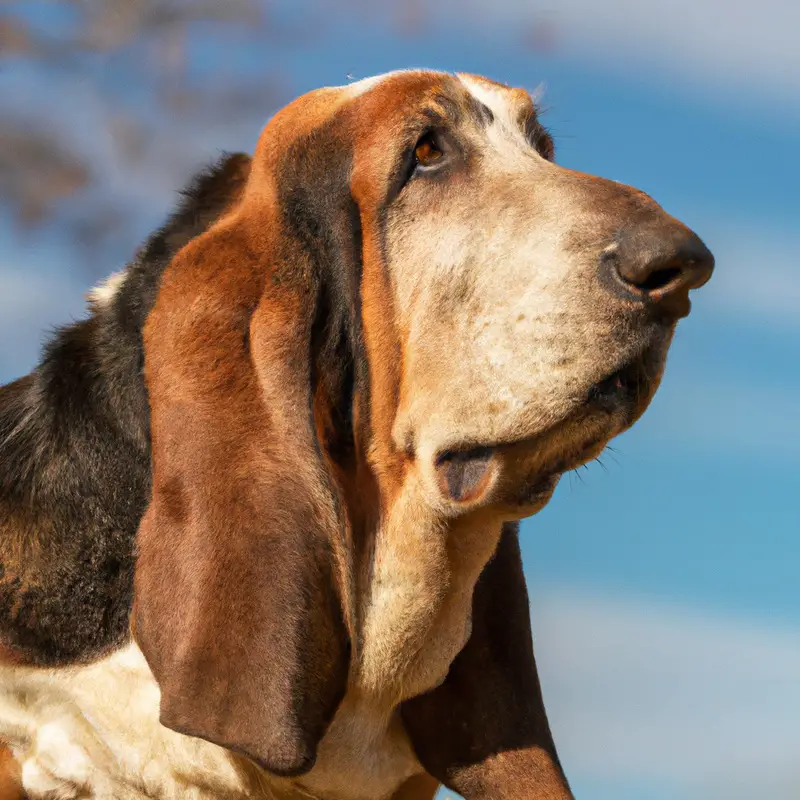
Change in environment or routine
A change in environment or routine can be a major trigger for separation anxiety in dogs, including Basset Hounds. Dogs thrive on consistency and familiarity, so when their surroundings or daily schedule suddenly change, they can become anxious and stressed.
This could include moving to a new home, a family member leaving or returning, or even changes in their feeding or exercise routine.
It’s important to introduce any changes gradually and provide plenty of reassurance and positive reinforcement to help your Basset Hound adapt and feel more secure.
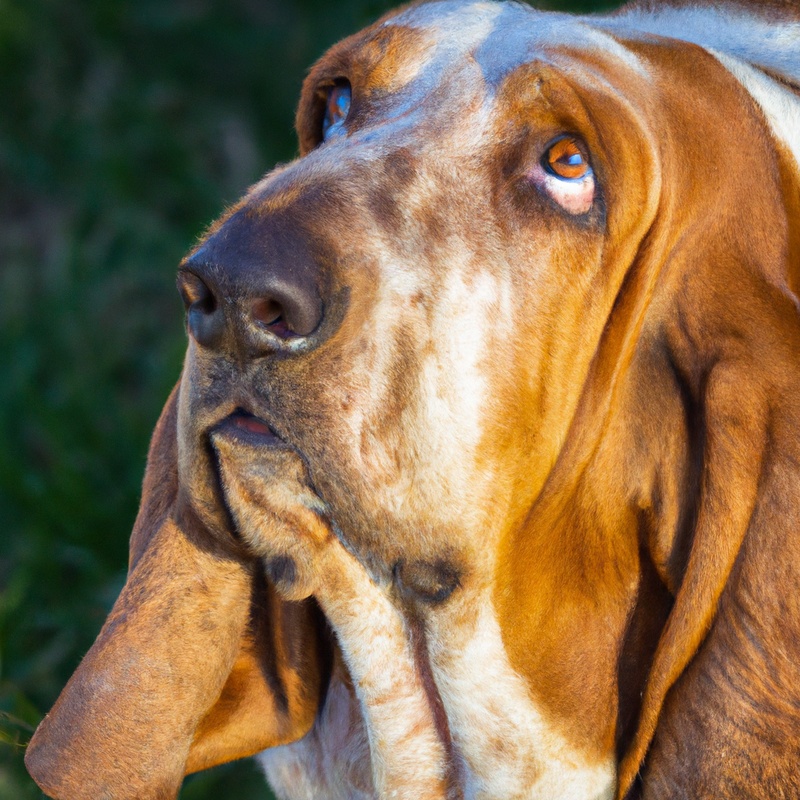
Traumatic experiences or abandonment
Traumatic experiences or abandonment can greatly contribute to separation anxiety in dogs.
Dogs who have been through traumatic events, such as neglect, abuse, or being abandoned, are more likely to develop anxiety when left alone.
These experiences can create a sense of fear and insecurity, causing the dog to become overly attached to their owners and panic when they are not around.
It is important to show patience, understanding, and provide proper training and care to help dogs overcome these traumatic experiences and manage their separation anxiety.
Are Basset Hounds prone to separation anxiety?
Genetic predisposition in Basset Hounds
Basset Hounds have a genetic predisposition to separation anxiety.
This means that they are more likely to experience this condition compared to other dog breeds.
Their strong bond with their owners and their sensitive nature contribute to their vulnerability to separation anxiety.
Their genetic makeup can make them more prone to feeling distressed and anxious when left alone.
It is important for Basset Hound owners to be aware of this predisposition and take proactive steps to prevent or manage separation anxiety in their furry friends.
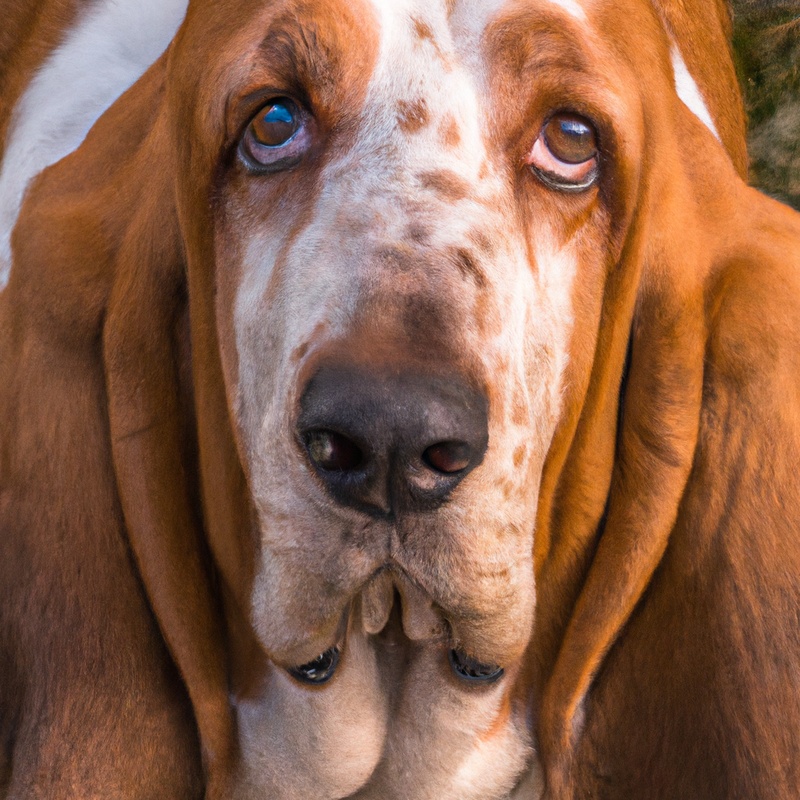
Behavioral traits that contribute to separation anxiety in Basset Hounds
Basset Hounds have certain behavioral traits that can contribute to separation anxiety. These include their strong attachment to their owners, their sensitivity to changes in routine or environment, and their tendency to be more prone to anxiety in general.
Their loyalty and dependence on their humans can make them anxious when left alone, leading to separation anxiety.
Understanding these traits can help in addressing and managing separation anxiety in Basset Hounds.
Dealing with separation anxiety in Basset Hounds
Creating a safe and comfortable environment
Creating a safe and comfortable environment for your Basset Hound is essential in helping them feel secure when you’re not around.
Here are some tips to achieve this:
- Provide a designated safe space for your Basset Hound, such as a crate or a specific room, where they can retreat to when they feel anxious.
- Make sure your Basset Hound has access to their favorite toys, blankets, and comforting items that carry your scent.
- Use calming techniques like playing soft music or leaving a TV on to provide background noise and reduce feelings of loneliness.
- Ensure your Basset Hound has plenty of exercise and mental stimulation before leaving, as this can help tire them out and promote relaxation.
- Establish a consistent routine for feeding, exercise, and playtime, as it helps create a sense of security and predictability for your Basset Hound.
Gradual desensitization and counterconditioning techniques
Gradual desensitization and counterconditioning techniques are effective methods for helping Basset Hounds overcome separation anxiety.
Gradual desensitization involves exposing your dog to increasingly longer periods of time alone, starting with short intervals and gradually building up.
Counterconditioning focuses on changing your dog’s emotional response to being alone by associating it with positive experiences, such as receiving treats or engaging in fun activities.
These techniques require patience and consistency, but they can help your Basset Hound become more comfortable with being alone over time.
Seeking professional help and medication options
If you’re dealing with severe separation anxiety in your Basset Hound and the techniques we’ve discussed so far haven’t been effective, it may be time to seek professional help.
A professional dog trainer or animal behaviorist can assess your dog’s behavior and create a customized training plan for you and your Basset Hound.
They can provide guidance and support throughout the process.
In some cases, medication may be recommended to help manage your dog’s anxiety.
Consult with your veterinarian to discuss medication options that may be suitable for your Basset Hound.
Preventing separation anxiety in Basset Hounds
Early socialization and training
Early socialization and training are essential for Basset Hounds to prevent separation anxiety.
By exposing them to different environments, people, and other animals at a young age, they can develop confidence and adaptability.
Introducing basic obedience commands and positive reinforcement training helps them learn appropriate behaviors and builds a strong bond between the dog and their owner.
Consistency and patience are key when training a Basset Hound, ensuring they feel loved and supported throughout the process.
Establishing a consistent routine
Establishing a consistent routine is key to preventing separation anxiety in Basset Hounds. Stick to a regular schedule for feeding, exercise, and sleep.
This will help your dog feel secure and confident, knowing what to expect throughout the day.
Make sure to include daily exercise to tire out your Basset Hound and keep them mentally stimulated. Introduce new experiences gradually and provide plenty of positive reinforcement.
By setting and maintaining a consistent routine, you can help alleviate anxiety in your Basset Hound and promote a balanced and happy lifestyle.
Providing mental and physical stimulation
To prevent separation anxiety in Basset Hounds, providing mental and physical stimulation is essential. Engage them in regular exercise such as walks or playtime to keep them physically active.
Interactive toys and puzzle feeders can challenge their minds and keep them occupied.
Training sessions, obedience classes, and engaging in scent work can provide mental stimulation. Additionally, rotating their toys and introducing new ones can keep them entertained.
Ensuring they have a variety of activities and outlets for their energy will help prevent anxiety when left alone.
Final Verdict
It is evident that Basset Hounds are indeed prone to separation anxiety.
Their genetic predisposition and behavioral traits make them more susceptible to this condition.
However, with the right approach, separation anxiety can be managed and prevented.
By creating a safe and comfortable environment, using desensitization techniques, and seeking professional help if needed, owners can help their Basset Hounds overcome separation anxiety.
Early socialization, consistent routines, and mental and physical stimulation are also key in preventing this condition.
Remember, understanding your dog’s needs and providing the necessary support is crucial in ensuring their overall well-being.

